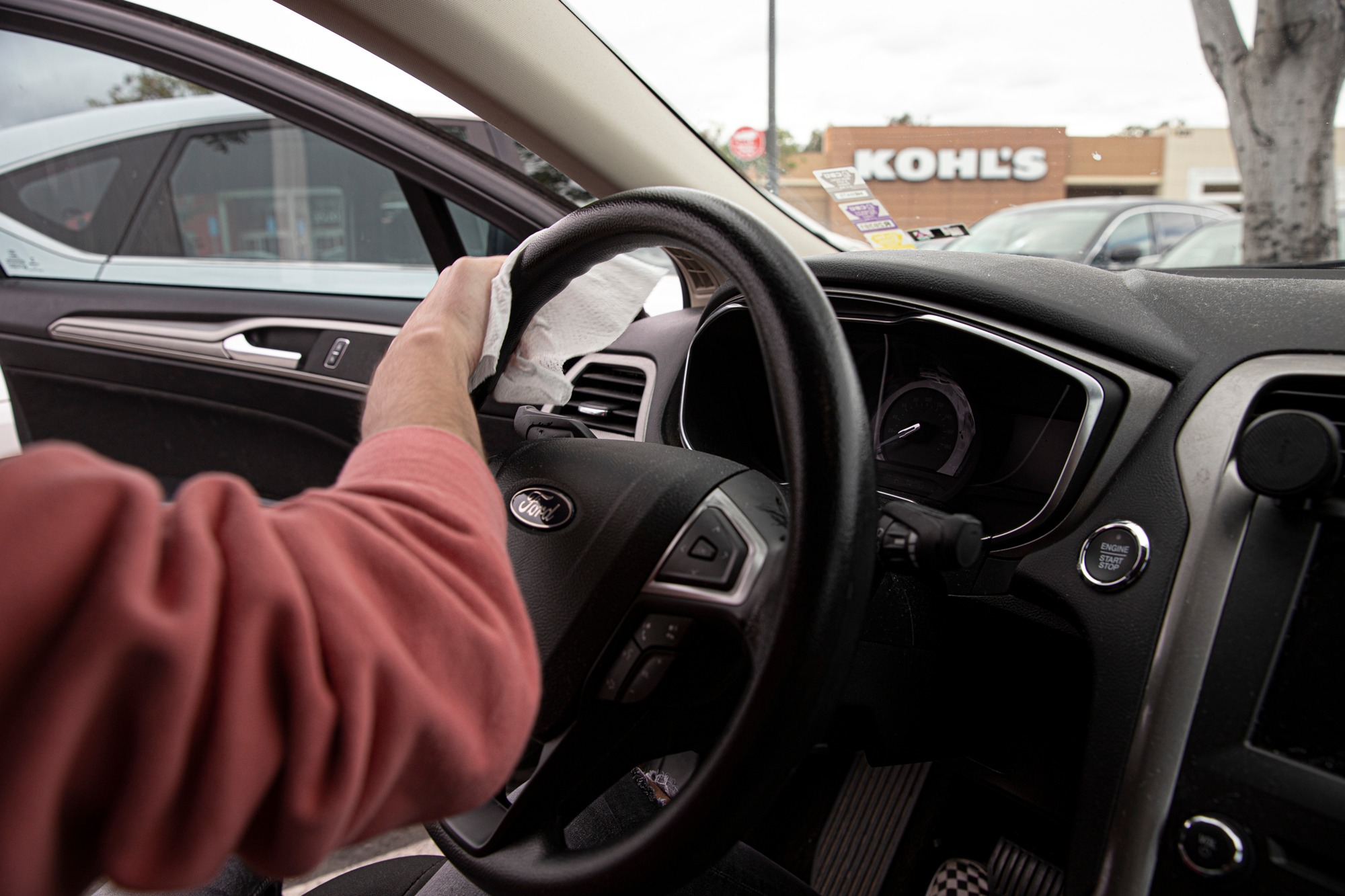
The COVID-19 pandemic affects populations and segments of people all around the world, but the most affected group are those who are at least 65 years old.
According to the Centers for Disease Control and Prevention, individuals at higher risk are those in the following groups: older adults, people with asthma, the immunocompromised, groups at higher risk for severe illness and people with HIV.
The CDC reports 8 out of 10 deaths in the United States have been people 65 years of age and older. Additionally, they reported that 31-70 percent of adults requiring hospitalization from COVID-19 are 85 years old or older.
Dee Angelika, 74-year-old relative of a California Baptist University student and resident of Orangeville, Calif., said life in quarantine has been difficult.
“Not being able to go out to the store and shop on my own or see my friends like I used to has been a difficult adjustment,” Angelika said. “I don’t drive anymore, but I do miss getting to see my family and loved ones. I look forward to seeing them when this is all over.”
With Angelika’s lungs only functioning at 30 percent capacity, she is wary about how this might affect her if she contracted COVID-19.
“It’s a little bit scary that when you get older, things like this are more likely to happen to you,” Angelika said. “It would be very bad for me if I did catch it. I am just doing my best to be safe and stay healthy.”
Many grocery stores are accommodating the high-risk groups by offering hour-long shopping sessions during which those high-risk people will be able to get the first pick of groceries and household items without the crowds.
Don Loose, 83-year-old relative of a CBU student and resident of Citrus Heights, Calif., has utilized these services by shopping at Walmart at 6 a.m. on Tuesday mornings, during the designated senior time.
“I get out at least once a week and go to Walmart. Also, this morning at 7 a.m. I went to Safeway, which is for seniors. I have not had any problem at all; it has worked out very well,” Loose said.
Loose lives at a senior living complex and said he enjoys sitting out on his patio and catching up with his neighbors as they walk by.
“The people around me are handling it much the same that I am. I find very few people who are unhappy or overly anxious to be more mainstream. As a consensus here as seniors, we are dealing with it very well,” Loose said.
Coronavirus is also affecting people with compromised immune systems. According to the CDC, people who are immunocompromised fall into the category of high-risk conditions.
Anna Chilson, junior public relations major, said she is more at risk for COVID-19 because she has an autoimmune disease.
“It is scary,” Chilson said. “If I were to end up with the coronavirus, I don’t know how I would react to that. Right now, I’m healthy and fine but even when I get a normal cold it’s 10 times worse (than others). So, thinking about coming into contact with the virus is just frightening. Even though it affects everyone differently, having a compromised immune system makes it harder.”
The CDC created a website designed to give guidance to those at higher risk. The site can be found by going to https://www.cdc.gov/aging/covid19-guidance.html.


